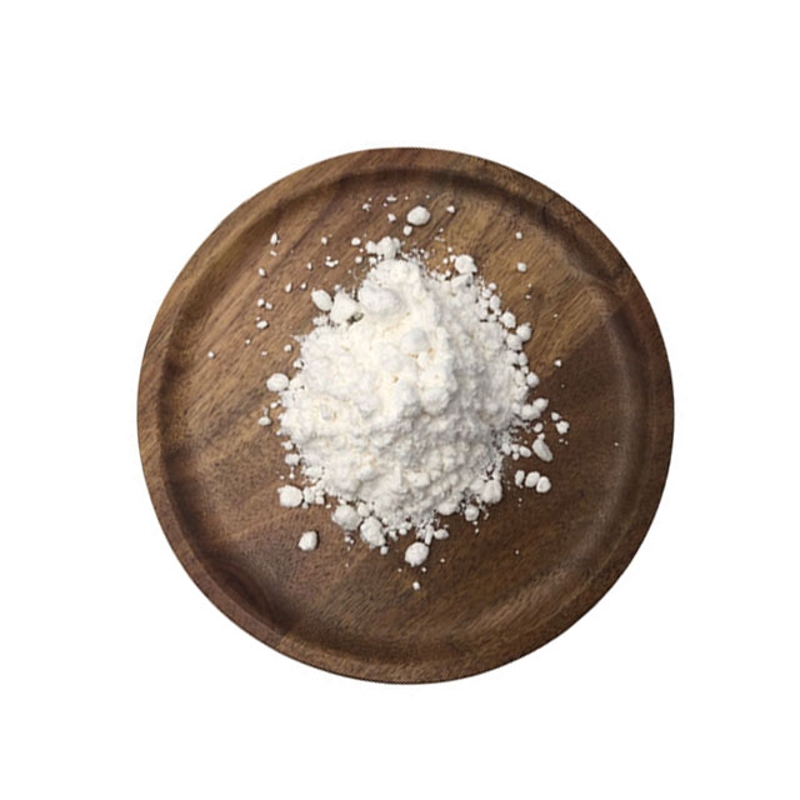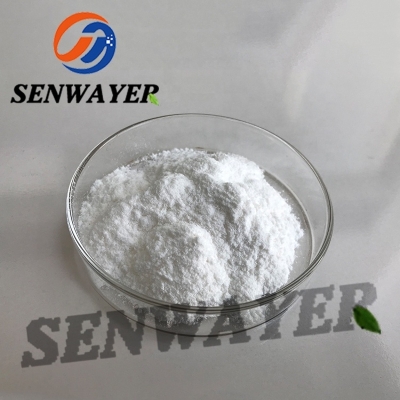NCB: researchers have found a new way to starve tumors to death
-
Last Update: 2018-07-24
-
Source: Internet
-
Author: User
Search more information of high quality chemicals, good prices and reliable suppliers, visit
www.echemi.com
July 24, 2018 / BIOON / - due to the importance of oxygen for many metabolic processes, tumor hypoxia may affect the proliferation of cancer cells But the researchers don't know the limited metabolic process related to proliferation in tumor under hypoxia Photo source: Laboratory of metabolic regulation and genetics at the Rockefeller University Recently, researchers from the metabolic regulation and Genetics Laboratory of Rockefeller University evaluated the proliferation of tumor cells after inhibition of mitochondrial electron transfer process (etc), a major metabolic process requiring molecular oxygen The researchers found that the sensitivity of all cell lines to etc inhibitors was different, and further studies later found that aspartic acid was the main determinant of sensitivity The cell lines that are least sensitive to etc can receive aspartic acid through slc1a3 to maintain the level of intracellular aspartic acid The sensitivity of cancer cells to ETC inhibitors can be significantly changed by genetic or drug regulation of the activity of SLC1A3 Interestingly, under the condition of hypoxia, the level of aspartic acid will also decrease, so increasing the intake of aspartic acid through slc1a3 provides an advantage for the survival of cancer cells in hypoxia environment and tumor tissue Finally, the researchers found that the level of aspartic acid in primary human tumors was negatively correlated with the expression of hypoxia biomarkers, which means that tumor hypoxia can effectively inhibit etc, and then inhibit the synthesis of aspartic acid in vivo Therefore, aspartic acid may be the rate limiting metabolite of tumor growth, and the intracellular transport of aspartic acid may be a new strategy for tumor treatment Reference: Javier Garcia Bermudez et al Asapartate is a limiting metadata for cancer cell promotion under hyperoxia and in tumours Nature Cell Biology (2018) Doi: 10.1038/s41556-018-0118-
This article is an English version of an article which is originally in the Chinese language on echemi.com and is provided for information purposes only.
This website makes no representation or warranty of any kind, either expressed or implied, as to the accuracy, completeness ownership or reliability of
the article or any translations thereof. If you have any concerns or complaints relating to the article, please send an email, providing a detailed
description of the concern or complaint, to
service@echemi.com. A staff member will contact you within 5 working days. Once verified, infringing content
will be removed immediately.







